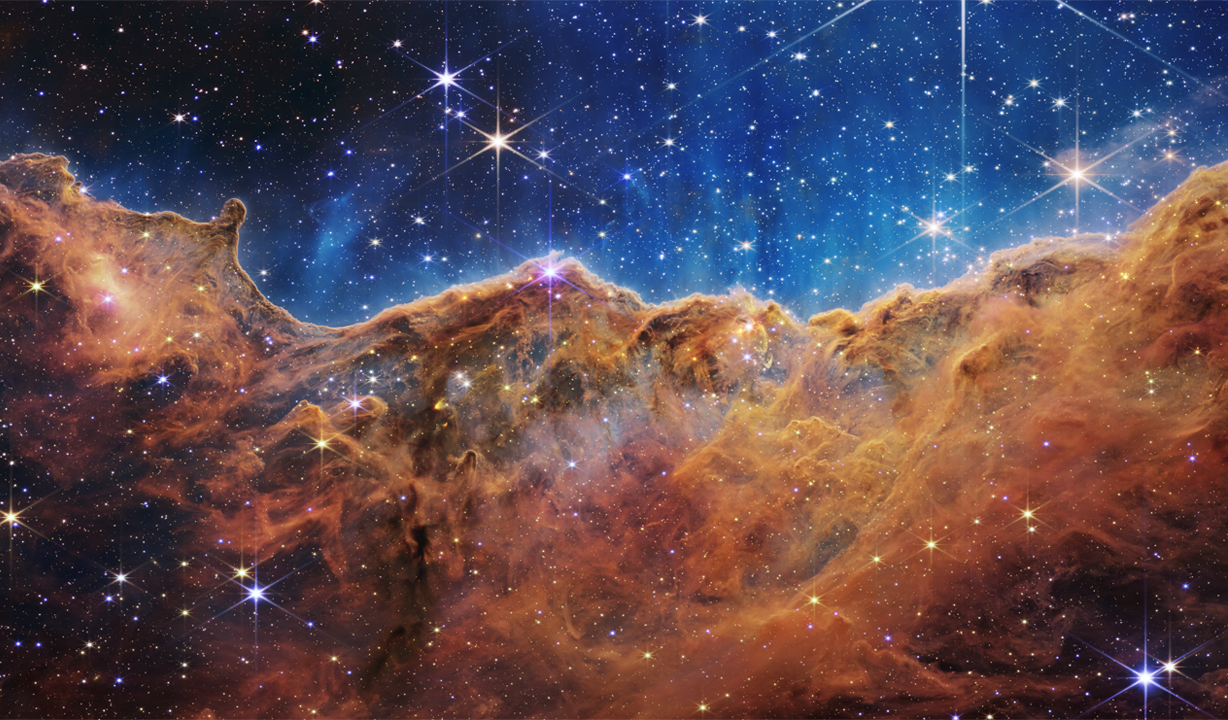otseng wrote: ↑Tue Dec 06, 2022 8:12 am To recap the white hole model so far. We assume the entire universe started in a small volume. By definition, this would be a white/black hole. During the expansion of the universe, the event horizon would collapse as matter/energy moves apart. This would cause gravitational red-shifting. The isotropic nature of the redshifting is due to us being at/near the center of the universe.
In addition to the collapse of the event horizon causing gravitational red-shifting, there is another phenomenon it introduces – gravitational time dilation.
As most are aware, time is not absolute between all observers, but time is relative. Schools teach about the relativistic nature of time when observers are moving, but time is also relative due to gravity.
Gravitational time dilation is a form of time dilation, an actual difference of elapsed time between two events as measured by observers situated at varying distances from a gravitating mass. The lower the gravitational potential (the closer the clock is to the source of gravitation), the slower time passes, speeding up as the gravitational potential increases (the clock getting away from the source of gravitation). Albert Einstein originally predicted this effect in his theory of relativity and it has since been confirmed by tests of general relativity.
https://en.wikipedia.org/wiki/Gravitati … e_dilation
The effects of gravitational redshifting and gravitational time dilation can also be seen when falling into a black hole.
As you get closer to the black hole, the signals you’re sending are undergoing increased gravitational redshift as the photons climb out of the gravitational well.The gravity of the black hole warps spacetime itself. In our case we’re interested in a process known as time dilation, another relativistic effect.
https://www.rmg.co.uk/stories/topics/wh … black-hole
As one moves closer and closer to a black hole, the passing of time will also slow down more and more. So, does time therefore stop as one falls into a black hole?Time does stop at the event horizon of a black hole, but only as seen by someone outside the black hole. This is because any physical signal will get infinitely redshifted at the event horizon, thus never reaching the outside observer. Someone falling into a black hole, however, would not see time stop.
https://debatingchristianity.com/forum/viewtopic.php?p=1103536#p1103536
